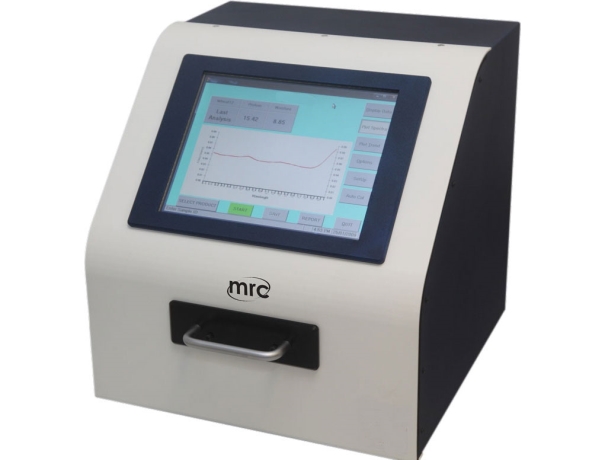A flour and grain analyzer is a specialized device used to assess the quality of flour and grains by measuring various parameters such as moisture content, protein levels, and other critical attributes. The primary purpose of these analyzers is to ensure that the flour and grains meet specific quality standards, which is vital for both producers and consumers.
Why Use a Flour and Grain Analyzer?
Ensuring Quality and Consistency
Flour and grain analyzers Are important in maintaining the quality and consistency of products. By providing accurate measurements, they help producers maintain uniformity in their products, which is essential for customer satisfaction and brand reputation.
Regulatory Compliance
Regulations in the food industry are stringent, and compliance is mandatory. Flour and grain analyzers ensure that products meet the required standards and regulations, helping companies avoid legal issues and potential recalls.
Cost Efficiency
By using analyzers, companies can optimize their production processes, reduce waste, and improve overall efficiency. This not only saves costs but also boosts profitability.
How Do Flour and Grain Analyzers Work?
Basic Principles
Flour and grain analyzers operate based on various scientific principles, including spectroscopy and chemical reactions. These principles help in accurately measuring different parameters.
Technologies Used
The technologies used in these food analyzers include near-infrared spectroscopy, dielectric measurements, and enzymatic assays, among others. Each technology has its unique advantages and is chosen based on the specific requirements of the analysis.
Features
Accuracy
Accuracy is paramount when it comes to flour and grain analysis. Ensure that the analyzer you choose provides precise and reliable results.
Speed
The speed of analysis is critical, especially in high-throughput environments. Opt for analyzers that offer quick results without compromising accuracy.
Ease of Use
User-friendly interfaces and straightforward operation are essential for efficient use. Choose analyzers that are easy to set up and operate.
Connectivity and Data Management
Modern analyzers come with connectivity features that allow seamless integration with data management systems. This helps in efficient data storage, analysis, and reporting.
Benefits
Improved Product Quality
By providing accurate and consistent measurements, analyzers help in producing high-quality products that meet industry standards and consumer expectations.
Enhanced Efficiency
Automating the analysis process reduces manual labor and increases efficiency. This leads to faster production times and reduced costs.
Better Decision Making
Access to precise data allows for informed decision-making, which is crucial for optimizing production processes and improving overall business performance.
Common Applications
Milling Industry
In the milling industry, analyzers are used to ensure that the flour produced meets specific quality standards, which is crucial for both the industry and consumers.
Baking Industry
Bakers use flour and grain analyzers to ensure the quality of their ingredients, leading to better product consistency and customer satisfaction.
Agricultural Sector
In agriculture, these analyzers help farmers and producers assess the quality of their grains, ensuring they meet market requirements and achieve better pricing.
